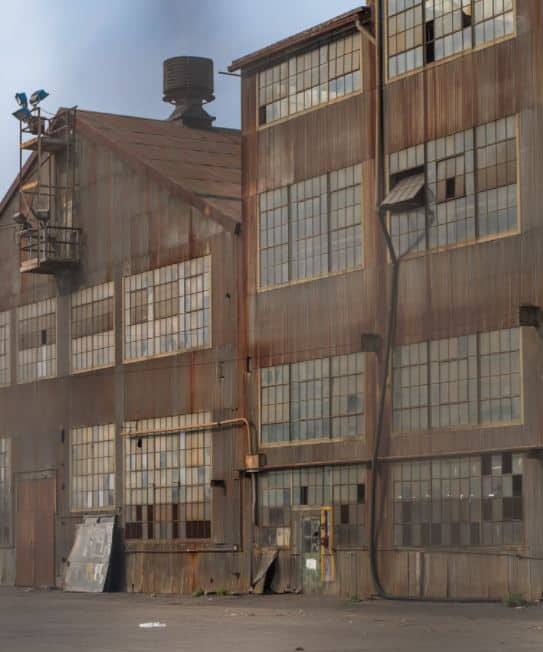Environmental Justice Bill Seeks Equity for Disadvantaged Neighborhoods

WASHINGTON — Trouble in the U.S. Senate for the Biden administration’s $1.7 trillion Build Back Better Act opened an opportunity Tuesday for a bill that seeks to protect disadvantaged communities from environmental hazards.
As opposition to climate and social provisions in the Build Back Better Act stalls Senate approval, a House committee revived a proposal that seeks similar goals.
Called the Environmental Justice for All Act, it would establish environmental justice standards for federal laws and programs. They would be targeted to avoid disproportionate adverse impacts of pollution and safety hazards on minority, low-income and tribal communities.
The bill would impose new fees on oil, gas and coal companies to fund alternative energy programs. It would reverse a 2001 Supreme Court ruling that made it difficult for private citizens to sue when they are victims of actions that disproportionately harm low-income or minority communities.
Rep. Raúl M. Grijalva, D-Ariz., called disproportionate effects of pollution on disadvantaged communities “one of the most stark and quantifiable inequities under our current law.”
He put much of the blame on operators of oil refineries, gas-fired power plants, sewage treatment plants and landfills who try to cut costs by locating in the poorest communities.
“The numbers and statistics are clear,” said Grijalva, chairman of the House Natural Resources Committee.
The Environmental Justice for All Act also would fund parks and green spaces in places now turned over to industrial development.
Sponsors of the bill cited several examples when the bill was reintroduced last year.
In Uniontown, Alabama, a massive landfill that accepts garbage from more than half the country was located in an overwhelmingly Black community, despite local opposition, according to the congressional sponsors.
In a low-income area of Louisiana, an 85-mile stretch of land between Baton Rouge and New Orleans is home to more than 150 industrial plants and oil refineries. It is known as “Cancer Alley” because of elevated cancer rates and inexplicable illnesses among its residents.
In Newark, New Jersey, one of the state’s highest asthma rates among children is reported in neighborhoods with poor air quality that are near a polluted Superfund site.
Republicans on the Natural Resources Committee described the Environmental Justice for All Act as another example of government creating unnecessary bureaucracy, liability and a waste of taxpayer money.
“Lawyers will be ecstatic if this bill passes,” said Rep. Cliff Bentz, R-Ore., in reference to heightened risks of lawsuits against anyone who violates the proposed law.
Rep. Garret Graves, R-La., said that rather than resolving racial issues, it would create them by drawing attention to the differences of disadvantaged communities.
“I don’t think it’s good for our country to keep driving this wedge,” he said.
He used the example of his own Louisiana neighborhood located near oil wells.
“I chose to live here,” he said, implying that persons dissatisfied with a polluted community could move away.
Witnesses at the hearing who represent low-income persons said some residents lack the luxury of moving away.
The most deeply affected “communities consist of … mostly working class [people] whose employment is related to toxic exposure,” said Laura J. Cortez, co-director of the nonprofit East Yard Communities for Environmental Justice in Los Angeles, California.
“In my community this looks like working at the ports, as truck drivers, in refineries, waste facilities, and rendering plants, then coming home to more contaminated soil, air and water,” she said in her testimony.
Amy Laura Cahn, a Vermont Law School professor of environmental law, said ethnicity is a predictor of where hazardous waste sites can be found.
“Eighty percent of the nation’s incinerators are in low-income communities or communities of color,” she said.
Current laws give residents few options for successfully contesting the inequities in court, even “in the face of a mountain of evidence,” she said.
Tom can be reached at [email protected]


























